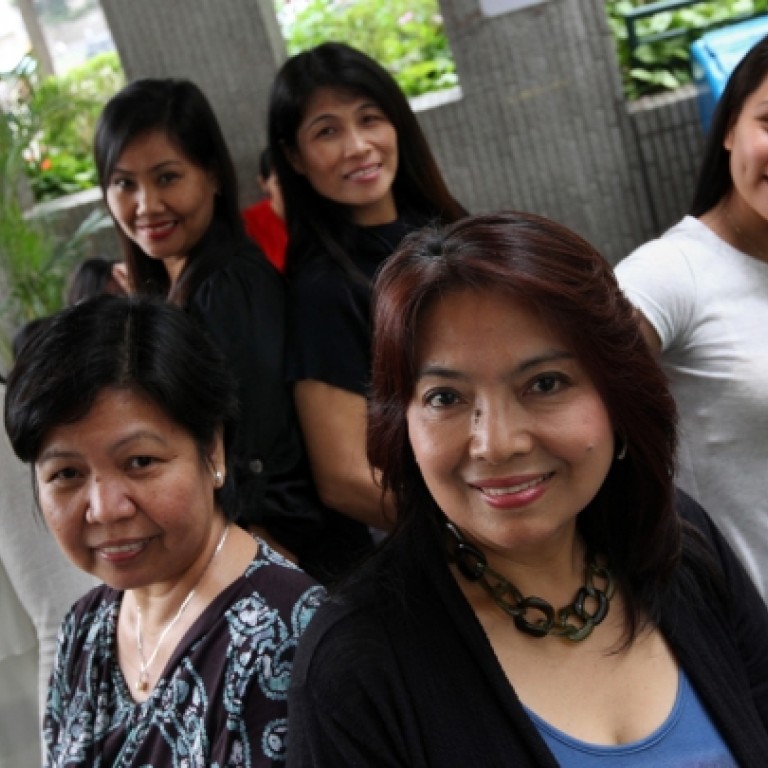
Hong Kong should live up to its tag of 'world-class city'
Victoria Sung says the embrace of a Hong Kong identity should not mean rejecting the multicultural realities today, if we aspire to be 'world class'
I attended the July 1 protests, braving the rain to observe the scene in Victoria Park. It was exciting to be in a place where civic engagement was energetic, especially when compared with my experience of living in democratic countries where politics is treated with either apathy or frustration.
But, as I walked among the other protesters, I noticed something disturbing. One of the chants taken up by the protesters was, "Hong Kong people are great!"
Hong Kong is a world-class city, or so we're told by the city's slogan. Yet at the protests on July 1, the pan-democracy movement was painting an image of Hong Kong that appeared to be very exclusionary, because it is safe to say that the "Hong Kong people" referred to in the chant excluded those who are not Han Chinese Cantonese speakers.
A truly world-class city is one that is multicultural and has a strong sense of what it means to be a citizen, regardless of race, gender or class. If Hong Kong wants to be respected on the world stage, we have to expand the definition of a Hongkonger.
The refusal to acknowledge those who are not Chinese Cantonese speakers as Hongkongers is dangerous. It is understandable that people are afraid of losing what is unique about Hong Kong - it was reflected in the uproar over the 2008 Olympics announcements being made in Putonghua and not Cantonese.
But the issue goes beyond language. It was truly shocking to see the hatred in public opinion aimed at the Filipino domestic workers who sought Hong Kong residency after living in the city for 25 years. The popular view is that Hongkongers "allow" workers from other countries to come here and that migrant workers are "privileged" to work here.
It is an attitude that would not be readily tolerated elsewhere.
To illustrate this, just replace "Hong Kong" with any other nationality or race. "White people are great!" The result is something that sounds supremacist. To say that one ethnicity or race is superior to others is patriotism at its most extreme.
If we are to say Hong Kong is a world-class city, we cannot stand for this sort of supremacy or intolerance. We have to be more open about what it means to be a Hongkonger.
Throughout history, it has been demonstrated time and time again that people become more fearful and discriminatory during uncertain times. A recent example is the increasingly difficult situation of North African and Arab immigrants living in Europe. Prioritising one group of citizens over another is not simply a matter of pride. The promotion of supremacy, be it of Cantonese-speaking Han Chinese or any other ethnic group, can easily lead to the discrimination and even persecution of minority groups.
Hong Kong has yet to achieve the confidence to exist without the fear of others diluting our cultural identity. We have to ask ourselves: do we really want Hong Kong to stay the way it is? Or, should we continue to evolve and follow the global trend of becoming more multicultural, multiracial and tolerant of differences?
